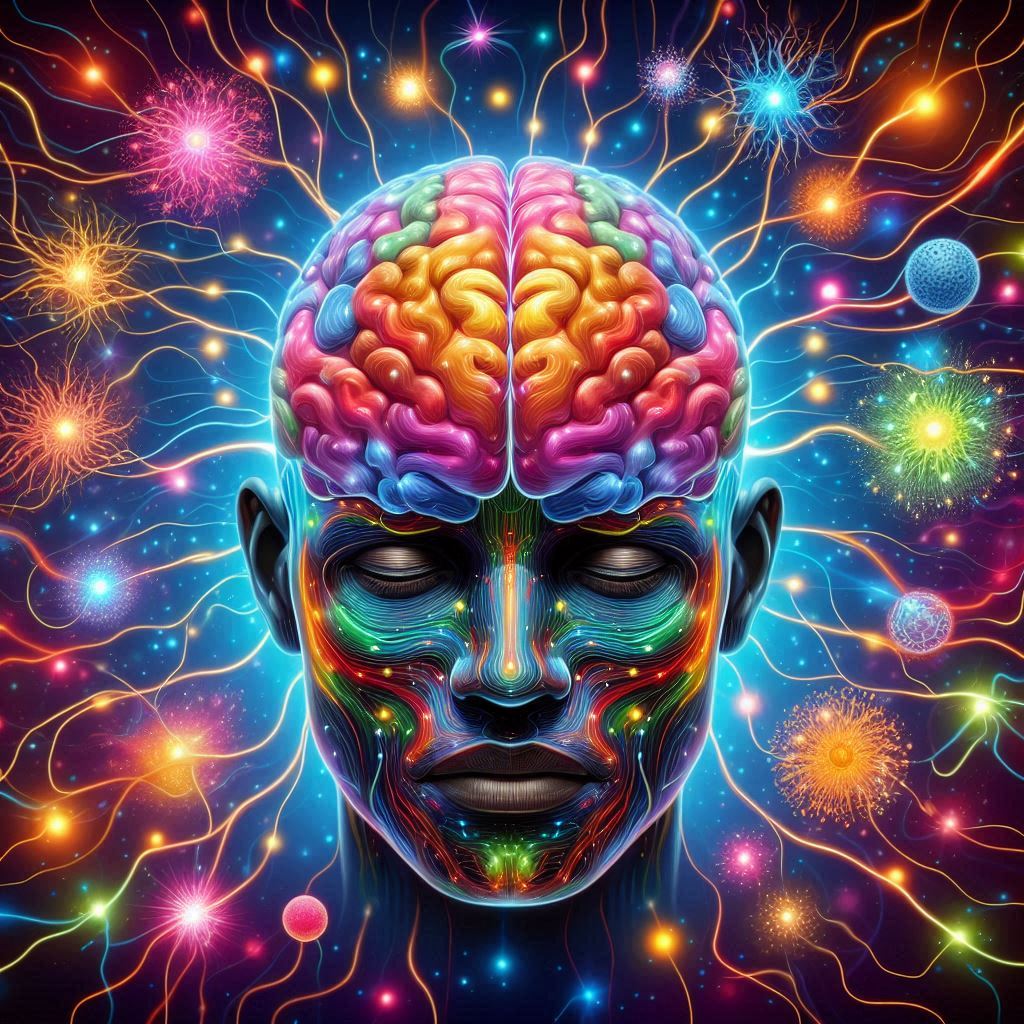Parts of Brain Trauma

Parts Of Brain And How They’re Affected By Trauma
Brain injury symptoms come in many forms. This often makes it hard to diagnose brain trauma. The reason is that they affect different parts of brain differently. An injury to the frontal lobes will cause certain symptoms while an injury to the brain stem will produce others. This article focuses on parts of the brain and the symptoms they produce from trauma.
The Cerebrum
 Of all parts of brain, the cerebrum is the most often damaged. That’s because it’s the outer layer of your brain or the “grey matter.” It’s separated into lobes that each handles various mental and physical functions. In general, the cerebrum controls cognition, muscle control, personality, voluntary movements, memory, and the processing of sensory information.
Of all parts of brain, the cerebrum is the most often damaged. That’s because it’s the outer layer of your brain or the “grey matter.” It’s separated into lobes that each handles various mental and physical functions. In general, the cerebrum controls cognition, muscle control, personality, voluntary movements, memory, and the processing of sensory information.
The Frontal Lobe
Damage to the frontal lobe is often the most dramatic of all the parts of brain. It can include personality changes, mood swings and socially inappropriate behavior. A person who suffers from trauma here may seem to change completely. You may also see trouble solving problems, difficulty making simple movements, and, in serious cases, paralysis.
The Parietal Lobe
Trauma to the parietal lobe is marked by language difficulties. The person may have trouble speaking, writing, and reading. It also produces problems with body awareness and spatial relationships.
The Occipital Lobe
Since the occipital lobe is one of the parts of brain mostly concerned with vision, trauma sufferers usually have visual problems. They may have blurry vision or double vision. In some cases, it causes blindness. There may also be trouble recognizing things visually and hallucinations.
The Temporal Lobe
The temporal lobe also deals with language. Trauma here will cause trouble speaking, understanding the language, remembering things, and categorizing things.
Cerebellum
Located at the base of the skull, damage to the cerebellum interferes with coordination, balance, and motor actions. A person with trauma here will have a lack of coordination and slurred speech.
The Limbic System
Damage to the limbic system is often very severe since this is the brain’s control center. It sends information to all other parts of brain. It also controls “primitive” emotions such as fear and rage, and some aspects of memory. A person with trauma here may experience emotional disturbances such as bursts of rage. They might have a lack of energy, sex drive, and focus. Trauma here also interferes with memory processing.
Brain Stem
The brain stem deals with involuntary functions. Damage here impairs physical, cognitive, and behavioral functions. Actually, a concussion is a mild damage to the brain stem. Serious damage could cause a coma or vegetative state.
It’s important to know all of the parts of the brain so that you understand the differences between brain injury symptoms. Each of the parts of brain displays symptoms differently.



